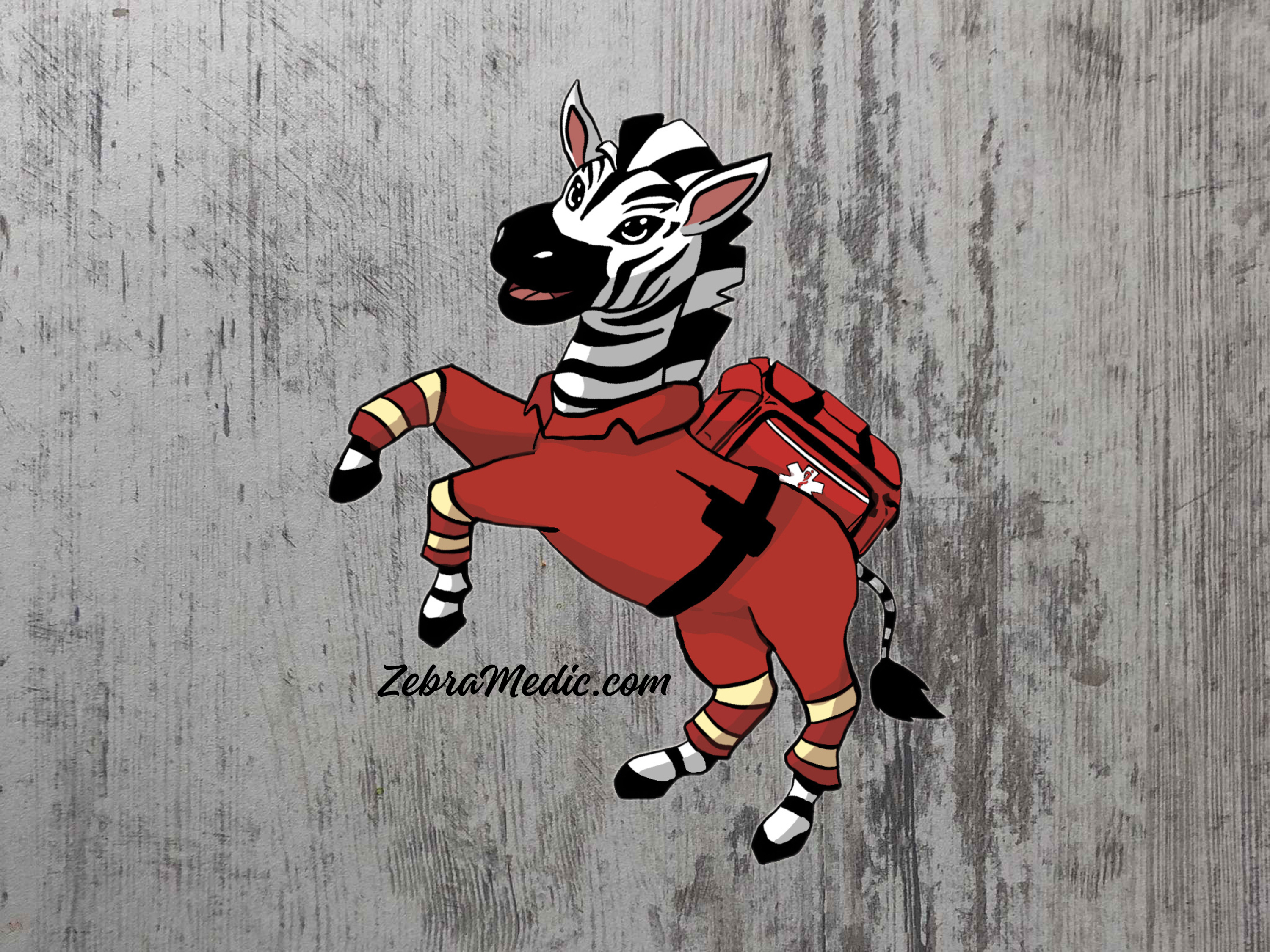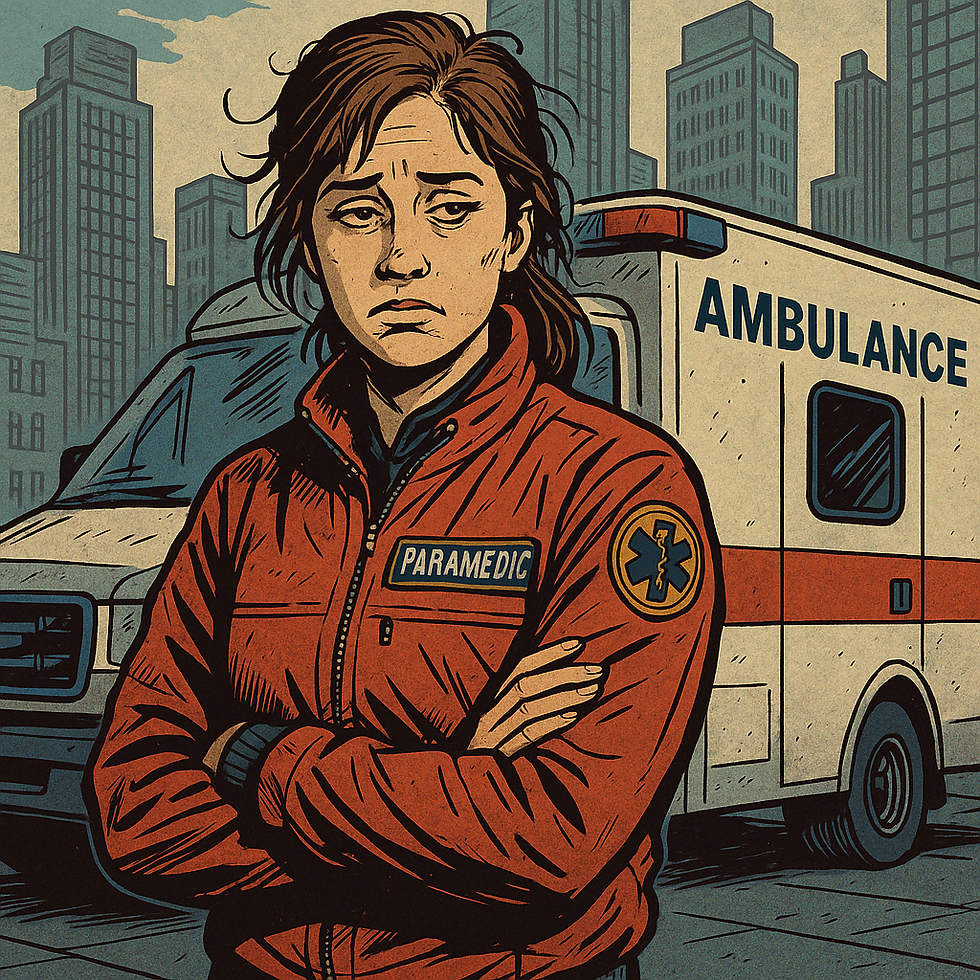The Challenge of Finding Adequate Primary Care for Rare Diseases
- Jessy

- Apr 25, 2023
- 2 min read

I want to reflect on my experiences with primary care providers and how they often cannot provide care for those with rare diseases, also known as "Zebras".
The question I have is whether they are unwilling, overwhelmed, or actually incapable of doing so. As a paramedic with limited medical training, I would assume it's easy for primary care providers to educate themselves on their patient's medical conditions, reading specialists' recommendations, and manage their care. This is exactly what we must do as paramedics, while the patient is in our care. Patients with a rare disease, also have to read up on their condition and learn how to manage it on a daily basis.
Despite being willing to see me with my diagnosis and bill my insurance, primary care providers are often unwilling to fill out paperwork documenting a diagnosis for purposes such as renewing handicap parking plates or applying for a rare disease scholarship or medical savings account. They cannot bill insurance without confirming the diagnosis, yet suddenly they are unwilling to do so when it benefits the patient. Based on this alone, I have come to the conclusion that they do not want to deal with Zebras and prefer easy patients and easy money.
Recently, I signed up with a concierge clinic that advertised itself as "Concierge Medicine for Anyone, Anywhere - Membership-Based Primary Care Is the Healthcare Solution With You at the Center". Although the office staff and nurses were friendly, both providers I saw were unwilling or unable to care for my Ehlers-Danlos Syndrome and were overwhelmed with some of the aforementioned forms. I did not feel like "Me at the Center"; instead, I felt like "You are a nuisance".
As a healthcare provider myself, I understand that some patients can be a nuisance by asking for unreasonable things, being lazy, or not actively caring about being healthy. However, living with a rare disorder is difficult enough without having to fight for every little thing with doctors who do not seem to care. It is frustrating to be deprived of the opportunity to apply for a rare disease scholarship or have to fight for weeks to get a simple diagnosis confirmed. It is even more frustrating when a doctor calls to tell me my diagnosis needs to be evaluated by a physical therapist when they have a 10+ page letter from a geneticist, about my diagnosis and how to care for it in a primary care aspect, on file. My guess is that they never even read the 10+ pages!
We can only change things, by raising awareness. How do we raise awareness? By educating others about the challenges faced by those with rare diseases and the need for better care. One way to do this is by sharing our stories on social media, the media in general, or by participating in events that raise awareness for rare diseases.




Comments